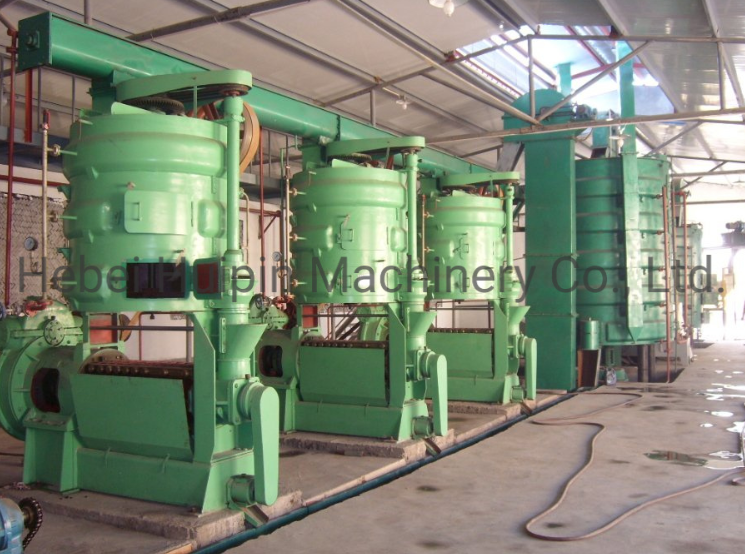Nov . 24, 2024 09:15 Back to list
plate and frame filter press machine exporters
The Role of Plate and Frame Filter Press Machines in Industrial Filtration
In the realm of industrial filtration, the plate and frame filter press machine has established itself as a vital piece of equipment in numerous sectors, including food and beverage, chemicals, pharmaceuticals, and wastewater treatment. This technology, celebrated for its efficiency and effectiveness, allows for the separation of solids from liquids, making it indispensable for industries seeking to purify or concentrate substances.
Understanding the Mechanism
A plate and frame filter press consists of alternating plates and frames that create chambers for the filtration process. The plates are typically made from a non-corrosive material such as polypropylene, while the frames provide structural support and can be manufactured from a variety of materials depending on the application. During operation, a slurry is pumped into the chambers formed between the plates. As pressure builds up, the liquid passes through the filter media, which traps solids and allows for the collection of the clarified liquid.
Advantages of Plate and Frame Filter Press Machines
One of the primary advantages of plate and frame filter press machines is their versatility. They can be used for various applications, from dewatering sludge in wastewater treatment plants to clarifying juice in the food industry. This flexibility is enhanced by the ability to customize the filter press design, choosing the number of plates, the frame size, and the type of filter media suited for specific processes.
The efficiency of the filtration process is another significant benefit. The system can operate under high-pressure conditions, which optimizes the separation of solids and liquids. This enables industries to recover valuable materials from waste and reduce the volume of sludge that requires disposal, effectively enhancing sustainability practices.
Moreover, plate and frame filter presses are known for their relatively low operating costs when compared to other filtration methods. The maintenance is straightforward, and the equipment generally requires less energy to operate, which can lead to significant savings over time. Additionally, the solid cake formed after filtration can be easily removed and disposed of or processed further, adding to the operational efficiency.
plate and frame filter press machine exporters

The Global Market and Export Opportunities
As the demand for efficient filtration solutions continues to grow globally, the market for plate and frame filter press machines has expanded significantly. Exporters are increasingly finding opportunities in emerging markets where industrialization is on the rise. Countries in Asia, Africa, and South America are investing in modern filtration technologies to meet regulations and improve sustainability. Exporters can tap into these growing markets by providing high-quality, reliable filter press machines tailored to local industry needs.
Understanding the variances in market demands is crucial for manufacturers and exporters. In regions where moisture content in the final product is critical, the design may need to be adjusted to accommodate specific end-use requirements. Furthermore, providing exceptional customer service, including installation, training, and after-sales support, can significantly enhance a company’s reputation and encourage repeat business.
Challenges in the Industry
Despite the promising prospects, several challenges confront exporters of plate and frame filter press machines. Competition from both local and international manufacturers can pose a substantial hurdle, necessitating a focus on innovation and technology to stay ahead. Additionally, fluctuating raw material prices and shipping costs can affect profitability margins.
Another barrier is the varying regulatory requirements across different countries. Meeting these regulations while still maintaining cost-effectiveness can prove challenging for exporters. Thus, having a thorough understanding of international standards and compliance is essential for success in the global marketplace.
Conclusion
In conclusion, plate and frame filter press machines stand as a cornerstone of efficient solid-liquid separation in various industries. With their versatility, cost-effectiveness, and growing market demand, exporters are well-positioned to capitalize on the opportunities presented in both established and emerging markets. By addressing the challenges and remaining committed to innovation and quality, businesses can enhance their competitive edge and contribute to a more sustainable industrial landscape.
-
Leading Food Oil Refined Unit Companies | Quality & Efficient Solutions
NewsAug.27,2025
-
Expert Food Oil Refined Unit Companies | Advanced & Efficient Refining
NewsAug.26,2025
-
Food Oil Refined Machine Companies: High-Efficiency Oil Refining
NewsAug.25,2025
-
Popular Commercial Oilseed Crushing Machinery | High-Yield Oil Expeller Press
NewsAug.24,2025
-
Food Oil Refined Unit Companies: Leading Manufacturers & Exporters
NewsAug.23,2025
-
Expert Oil Filter Machine Service & Solutions | Quality & Reliability
NewsAug.22,2025
